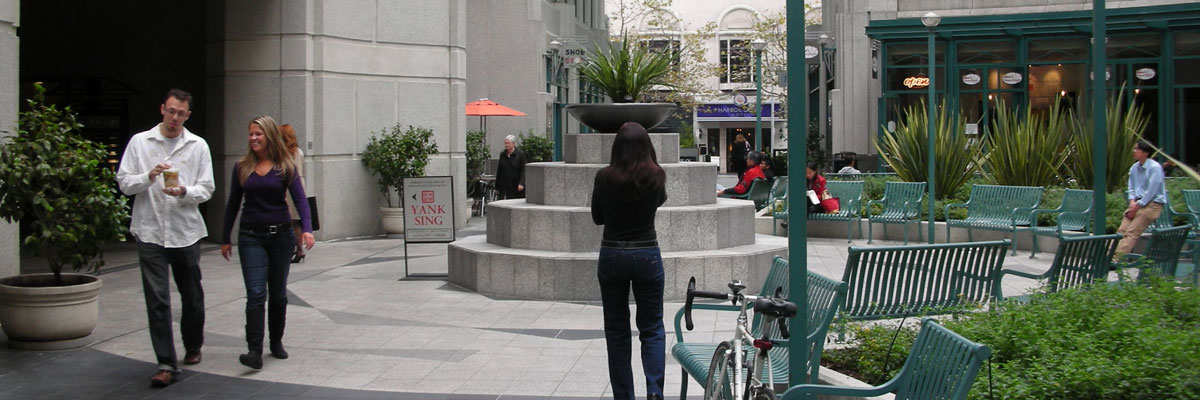In 1961, New York City’s zoning code was amended to allow developers to include additional floor area in high-rise projects if they converted a portion of ground floor building lots into privately-owned public space. Today, New York City is home to about 525 privately owned public spaces (POPS), but the spaces vary greatly in their success as public amenities.
In collaboration with the New York City Department of City Planning and the Municipal Art Society of New York, Harvard University professor Jerold S. Kayden conducted a comprehensive research study of POPS. His findings, summarized in his 2000 book “Privately Owned Public Space: The New York City Experience,” revealed that the incentive zoning framework produced a mixed quality of public spaces, and that a significant number of owners were illegally privatizing all or some of their POPS.
In response to these findings, Kayden created a not-for-profit organization called Advocates for Privately Owned Public Spaces (APOPS), with a small board of directors and paid and volunteer staff. The goal of APOPS is to invigorate POPS by making it possible, indeed easy, for a broad base of stakeholders to engage effectively with POPS. At the heart of the effort has been a website, apops.mas.org, that provides descriptive, opinion, and legal information about all POPS and creates easy opportunities for interested individuals to comment, post photos and videos, report problems, and propose redesigns about POPS. In addition, APOPS, working with the Municipal Art Society of New York, has announced a work program that includes the following:
- Programming partnerships to activate POPS, including the launch of an annual “best POPS” awards program.
- Upgrading initiatives focused on capital improvements for POPS. In this realm, APOPS collaborates with POPS owners willing to lease their spaces to outsiders interested in converting the space in ways that equally serve their and the public interest.
- Monitoring programs to assure that all POPS are in compliance with applicable legal requirements.
- Special Projects such as design competitions that improve POPS.
- Public Policy discussions about POPS issues on an ongoing basis.
Primary Model Type
Maintenance/Technical Assistance Partnerships
Location
New York, NY
Sponsor
Advocates for Privately Owned Public Space
Budget Range
Cost to set-up: $$$
Manager resource level: Varies

